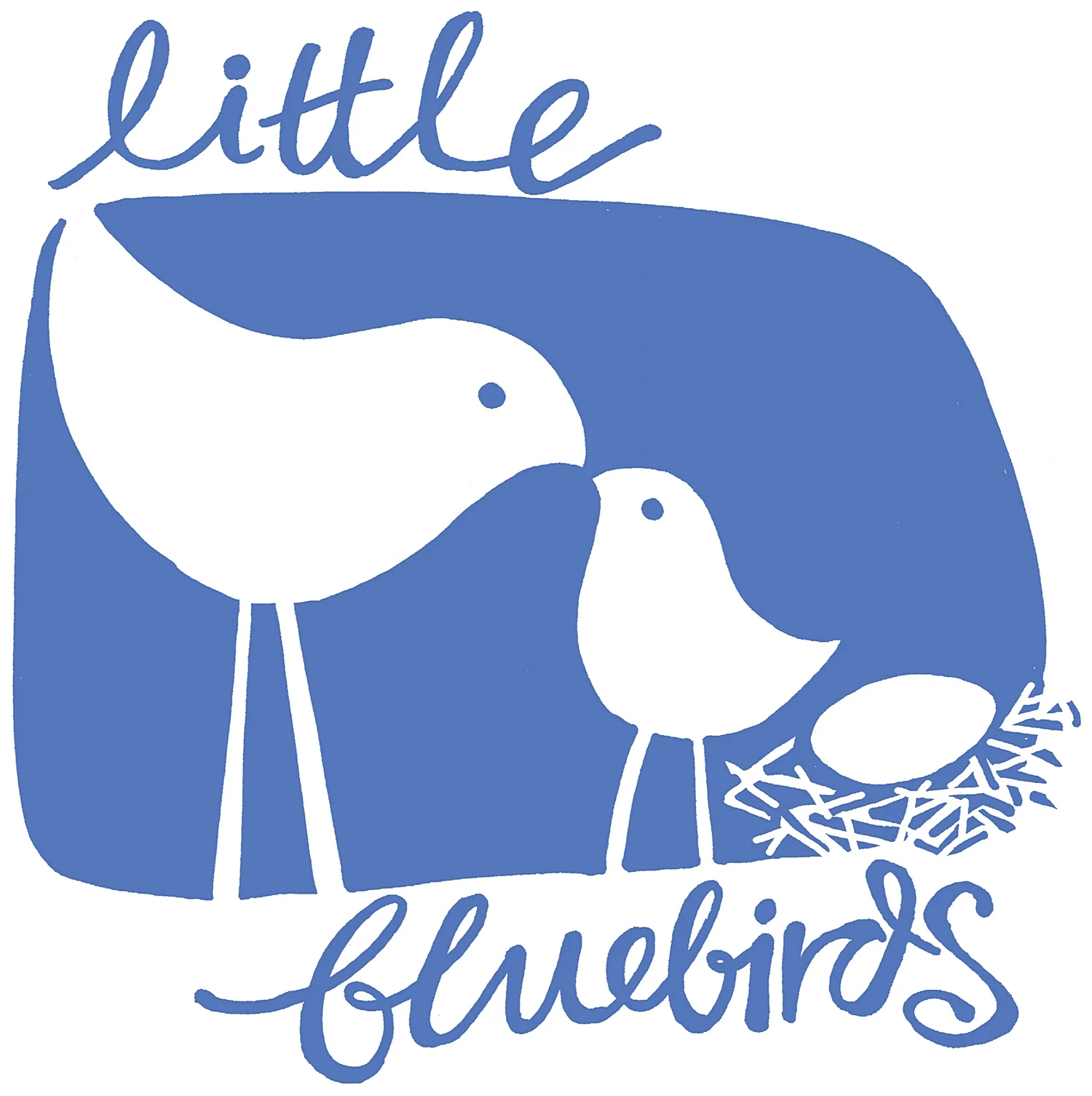Mini Garden
Nature is pretty wonderful at times. Plant’s growth can be fascinating to witness. Turning food scraps into a little nature forest/garden is an interesting way to see how much life exists in the vegetable world!
Here is a quick activity/science experiment, involving vegetables, that you can do with your children.
there is still a lot of life left in vegetable scraps
You’ll need;
Vegetable scraps -
the tops of carrots, beetroot, radish or any other root vegetable
the bottoms of onions, fennel, celery or anything else that you have
A tray - plastic is best as it holds the water securely
paper towel or cotton wool (if you’re avoiding rubbish of any sort, then a soft flannel or muslin will also work)
water (the best bit for the little kids!)
Method;
Fold your paper towel/muslin/cloth and arrange on plastic tray. I had a tray that had compartments, so I fit the paper towel into each compartment. An open tray will also work
water until quite soaked (but not overflowing - your child may like to overflow however, so go with what works!)
add the vegetable scraps on top, with the bit you want to grow poking out the top and place tray in a light position. Make it somewhere it’ll be seen regularly, so you can keep an eye on the water levels and growth (it should only take a day or two to start growing something). Also make is securely out of reach of little fingers that will pull it over, eat it, or otherwise tamper with the experiment (or cause harm to themselves).
Note that larger vegetables can also be positioned in a tub of water.
Now wait a day or two, keep the water levels topped up and see what happens!
For older children, who ask questions around why this is all happening, you could try and soak bread or biscuits or other processed foods for comparison (spoiler alter…they grow mould, still a science experiment though, I suppose). See what happens to them when you soak in water! As well as being interesting to see vegetables as full of life, you can also start conversations around what this food does to your body when you eat it. You can “plant” the seed of the idea that fresh, real food is better for a body. It’s best to do this with a sense of curiosity, play and discovery, rather than trying to manipulate them into eating better food! (don’t the little ones always know when you are trying to force them into it, and do they ever comply happily with this??). It may also be interesting for you to discover what happens to the vegetables if they get left for a few weeks…??
Another method for vegetable discovery is just leaving vegetables, such as potatoes or onions, in the fridge for too long! If they start to sprout, they can be planted in the garden to keep growing.
Another vegetable that loves to keep growing is celery. Keep the bottom of a whole celery, soak it in water for a few days and watch it continue to sprout leaves. I have placed a few in my garden and they continue to grow. One is about to go to seed, so I can collect the seeds and keep the cycle going.
As with all my favourite game ideas, there is something to be learnt and discovered for adults and children alike. When these ideas are presented to kids in a way that encourages play and curiosity, the whole game is so much more fun, and there is learning for everyone too.
Happy discovering.
Just leaving vegetables in the pantry for too long will also start a garden growing!







